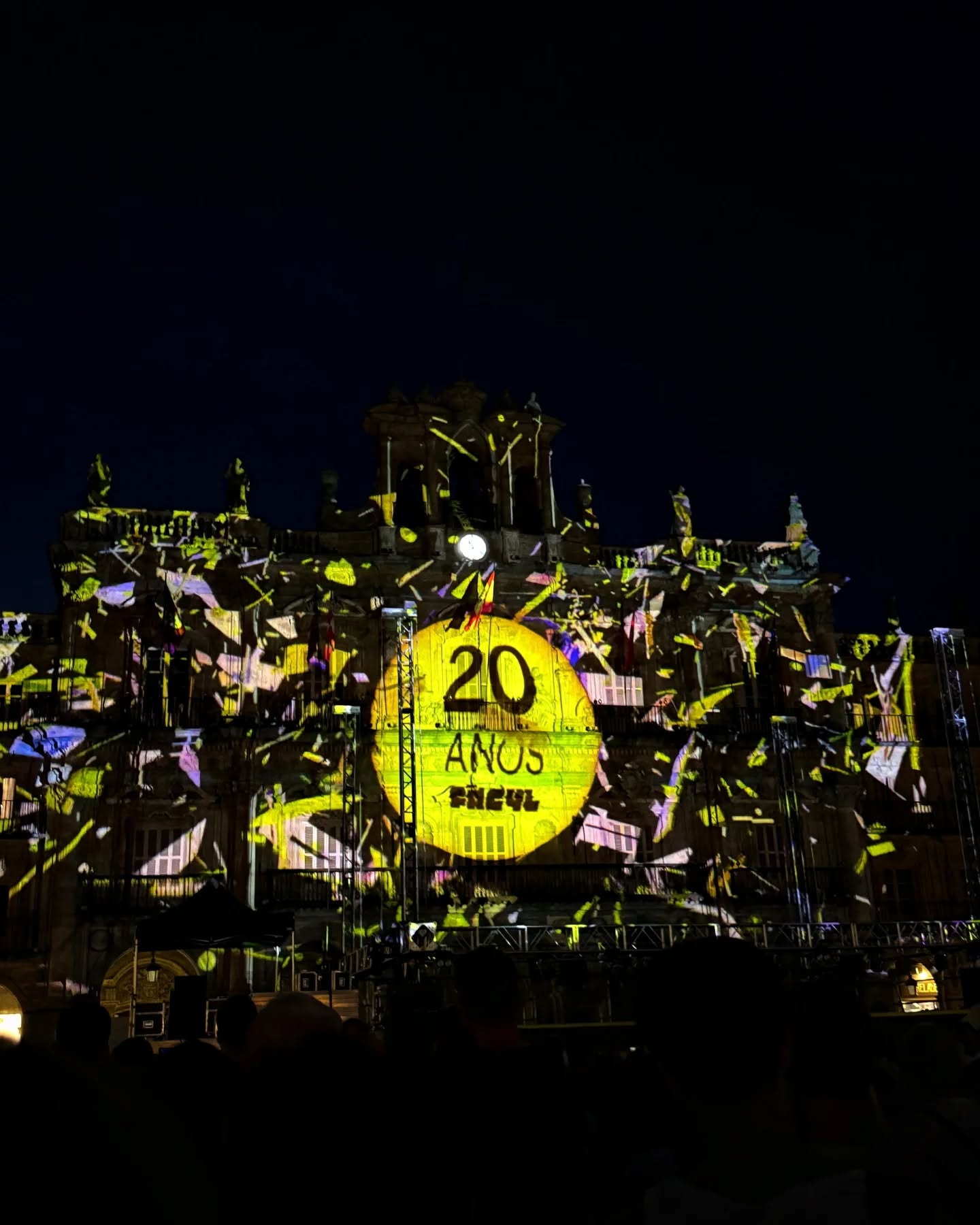From June 18th to 22nd, Salamanca will host the International Arts Festival of Castile-León (FÀCYL), celebrating two decades as one of Spain's most prominent cultural platforms.
This year, focusing on shared experiences and emotional connection with art, FÀCYL will feature the participation of the International School of Film and Television (EICTV, by its Spanish acronym) of San Antonio de los Baños, Cuba.
The presence of EICTV in the festival's programming is no coincidence. In addition to the international prestige the school has established over nearly four decades of audiovisual training, there is a direct link between the two institutions: Rodrigo Tamariz, the festival's artistic coordinator, is also a professor at EICTV, where he teaches within the Chair of TV Production and New Audiovisual Narratives. This relationship opens a natural space for dialogue between the cultural practices of both countries.
On Thursday, June 19th, the festival will dedicate a day to this school, featuring a showcase of short films and an institutional presentation about its pedagogical model and its commitment to author cinema from a Latin American perspective.
The program includes works created by students from various countries, reflecting not only the school's artistic approach but also its international dimension. Among the selected titles are “Eternidad” (Eternity) and “Matar a un Hombre” (Killing a Man), by Cuban filmmakers, as well as works from Brazil, Mexico, the Dominican Republic, and Spain. The screenings will take place at the Juan del Enzina Theater and will be accompanied by an open discussion about the training experience in San Antonio de los Baños.
Since its founding in 1986 by Gabriel García Márquez, Fernando Birri, and Julio García Espinosa, the EICTV has advocated for a teaching model based on the principle of "learning by doing," promoting a critical, sensitive, and diverse view of audiovisual media. Its participation in FÀCYL 2025 also aims to encourage a collaboration agreement with the Film Archive of Castile-León, which would provide a stable avenue for cultural and academic exchange between both territories.
On its 20th anniversary, the festival is projected as a celebration of art as a collective experience. It will bring together 50 companies and more than 80 performances from 14 countries over a four-day period. The presence of the EICTV in this edition not only strengthens the ties between Cuba and Spain in the fields of cinema and artistic training, but also provides an essential perspective on the future of Latin American audiovisual from the heart of Europe.
Translated by Shelsia Alyeh del Pozo Milera (3rd year English Language Student)
Corrected by Linet Acuña Quilez

